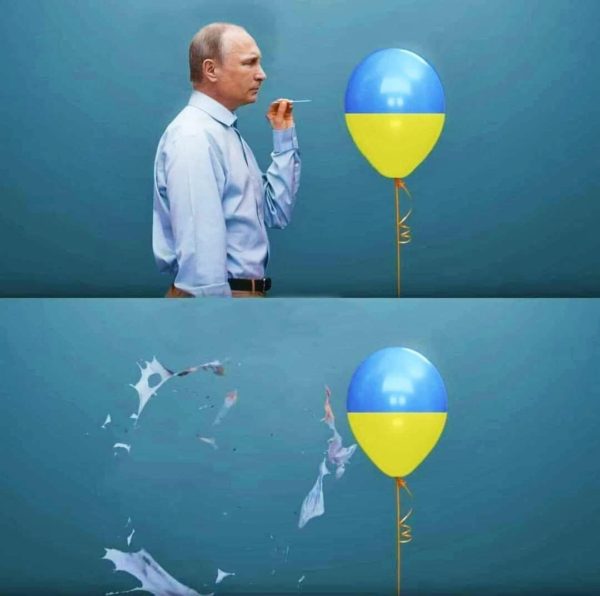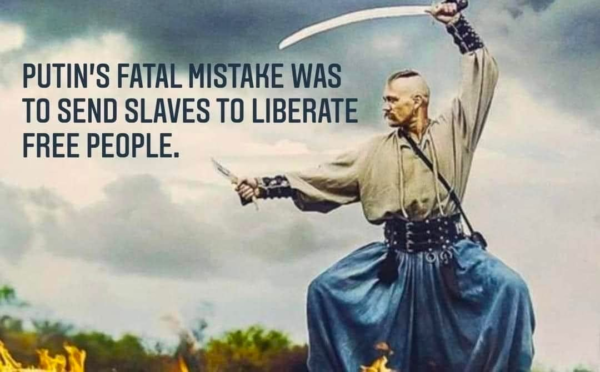There are four different things to cover, so I’ll keep them all short. Okay, three of them are short.
Ask Them Anything – Zoom with the Michigan Group in the Thermometer on Tuesday at 7 pm!
Please consider joining us for the one-hour zoom on Tuesday – you can ask them anything. We have hit the magic $15,000 amount that allows them to start talking with their contacts in the various underserved groups, and I am looking forward to hearing their plan for reaching out to the groups and hiring for the fellowships. And I want to hear more about which groups they will be engaging with! Please send email to my nym at balloon-juice.com so I can send you the zoom link.
⭐️ TUESDAY 4/19 @ 7 pm Eastern
Join the Fight Social Media Initiative Training!
We are holding one training this week for all the folks who couldn’t attend last week. Even some of the folks who attended last week want to join us for another one, so even if you are a pro at social media, please come and meet the others who are involved – it’s inspiring – and learn more about our focus and the plan of attack. Please reply to my Friday email to let me know if you plan to attend.
⭐️ THURSDAY 4/21 @ 8 pm Eastern
A special Medium Cool Next Sunday!
Join Medium Cool on Sunday, April 24 at 7:00 EST for a Q&A with John Lingan, author of the forthcoming biography: Creedence Clearwater Revival, A Song for Everyone (Hachette, August 9, 2022). John will be there in comments to field questions and chat about the book and the band.
⭐️ SUNDAY 4/24 @ 7 pm Eastern
The Resumption of History
We have a 5-part series of posts for you this week, called The Resumption of History. It’s a real treat, but I’ll let Carlo Graziani tell you about it himself. When I tell you that this is his “short introduction”, you’ll see why this is a 5-part series.
The Russian assault on Ukraine has triggered the same surprise, rage, and sadness for me as for all thoughtful people. But in addition, these events have brought me unexpected moments of startling clarity, during which I felt that certain issues that I had struggled with for years, of the “how the hell did we get here” variety, suddenly appeared to take up a new aspect, and line up to lock together in a new and remarkably coherent picture. With that clarity I felt an urgent need to write, and to communicate. Much of the material that I’ve been putting in Balloon Juice comments, and in occasional Front Page posts, are informed by that picture. I can’t begin to express how grateful I am to the Balloon Juice community for reading those posts and responding to them—usually kindly, occasionally quite critically, never, ever stupidly, which, let’s face it, is amazing for the Internet. Above all, the opportunity to write a few Front Page posts is a privilege I feel very deeply.
I may already be about to abuse that privilege. I wasn’t kidding about “urgent need to write”: I wrote a very long document summarizing the essentials (!) of this new picture, which in brief, is about an period of drift and loss of purpose by the West between the end of the Cold War and our own age, and which, if I read the signs correctly, is now coming to an end. The title of the essay is The Resumption of History. And because this essay is ridiculously long, and because WaterGirl seems to like it anyway, it is scheduled to appear in 5 sections, one per evening, starting tomorrow (Monday), and ending on Friday.
As a quick preview, here’s what to expect:
- Part 1: The Davos Consensus, And Its DiscontentsThe the post-Cold War West’s extravagant promises, and the parallel rise of the anti-democratic challengers who questioned the basis of those promises
- Part 2: The Age of AnxietyThe West’s failure to deliver on its promises, and the mechanism by which its challengers began to ascend to power
- Part 3: Of Justice and PowerA digression (but a crucial one) on foundations of governance
- Part 4: The Sources of American Soft PowerSurprising positive takeaways from the January 6 clown show
- Part 5: AwakeningsSome optimism for our time
A few more words (I know, I find it hard to stop). This is not an academic article. I do write academic papers, but scientific ones, not works of history, or political science, or philosophy. This essay would be—rightly—rejected out-of-hand even as a first draft article in any of those fields. The tone is wrong, of course. I cite no sources, provide no bibliography, make up my own analytic frameworks. I fail to distinguish my own original contributions from what I’ve taken from someone else. In truth, I no longer even recall how much of this I stole, or adapted, and how much is the product of my own reflections. I’ve been stewing on some of this material for several years, assimilating materials from readings, conversations and musings, and I wasn’t exactly keeping notes. Also, a good friend of mine who is a professional historian kindly read a draft, and told me that he felt the argument was “oversimplified” (this is kindness among us, believe me). By the standards of professional history he is absolutely correct. I don’t even want to imagine what charges political scientists or political philosophers might level at this thing.
That is all besides the point. I wrote this thing in large part as a memo to myself, because I wanted to take a snapshot of the picture that had so suddenly blazed out in my imagination. And I did it in my own voice. And since many of you have been so kind as to let me know that you enjoy that voice, I also wrote it for you.
One final word: WaterGirl is one of the world’s natural editors. If you should be so lucky as to be recruited to write for BJ, anything she touches of your stuff will get better, so you would be well-advised to let her edit away. When I sent her the original towering pile of text, all the structure it had was a few section headings. She read through the whole thing patiently and saw the possibilities, but preempted any suggestion of One Big Post with a gentle but firm “ha ha no”, and went on to think through and suggest the current, much better form. If you enjoy The Resumption of History, she deserves a great deal of the credit.
⭐️ MONDAY-FRIDAY @ 8:30 pm Eastern
Totally open thread.



